One of the most important decisions a person can ever make is naming an executor in his or her will. The executor is responsible for managing the estate after the death of the person who made the will, also known as the testator.
The responsibility for managing the estate can last a year or more, and there are consequences for the executor if he or she makes a mistake. The testator should therefore consider the choice carefully.
Executor’s responsibilities
According to the American Bar Association, administering the estate of a deceased testator involves several important responsibilities:
- Handling expenses and debts
- Managing estate assets
- Funding specific bequests
- Distributing the balance of the property
The testator should consider whether the chosen executor has the ability to fulfill these tasks.
Emotional burden
In most cases, there is nothing preventing a testator from naming a close family member, such as a spouse or a grown child, as an executor. However, according to FEDweek, the emotional burden of losing a loved one may make the additional responsibility of serving as executor unbearable. The testator should consider naming someone else as an executor, such as a trusted friend or a more distant relative.
Party’s consent
Because serving as an executor is such a big responsibility, a testator should discuss his or her plans with the preferred choice and gain consent before making it official in the will. When the time comes, the chosen executor may no longer be available to serve in that capacity. Therefore, the testator should name an alternate executor as a backup and gain this person’s consent as well.


